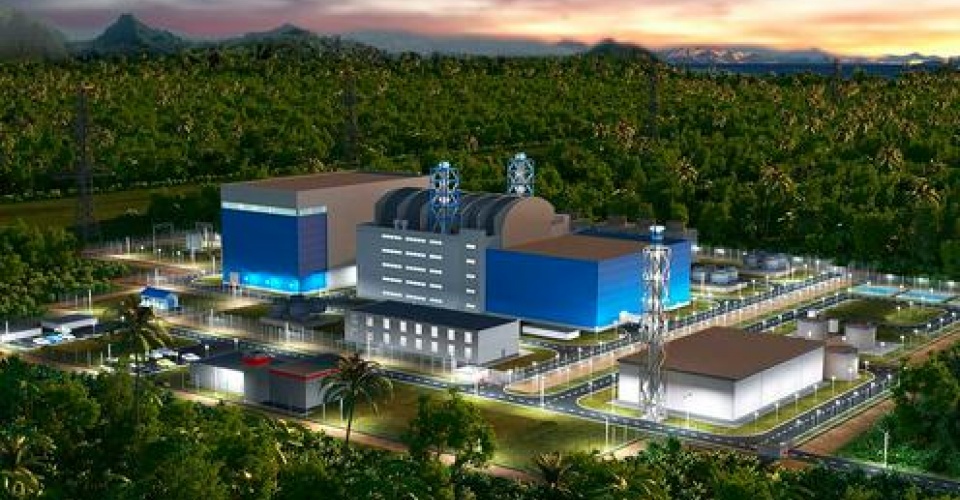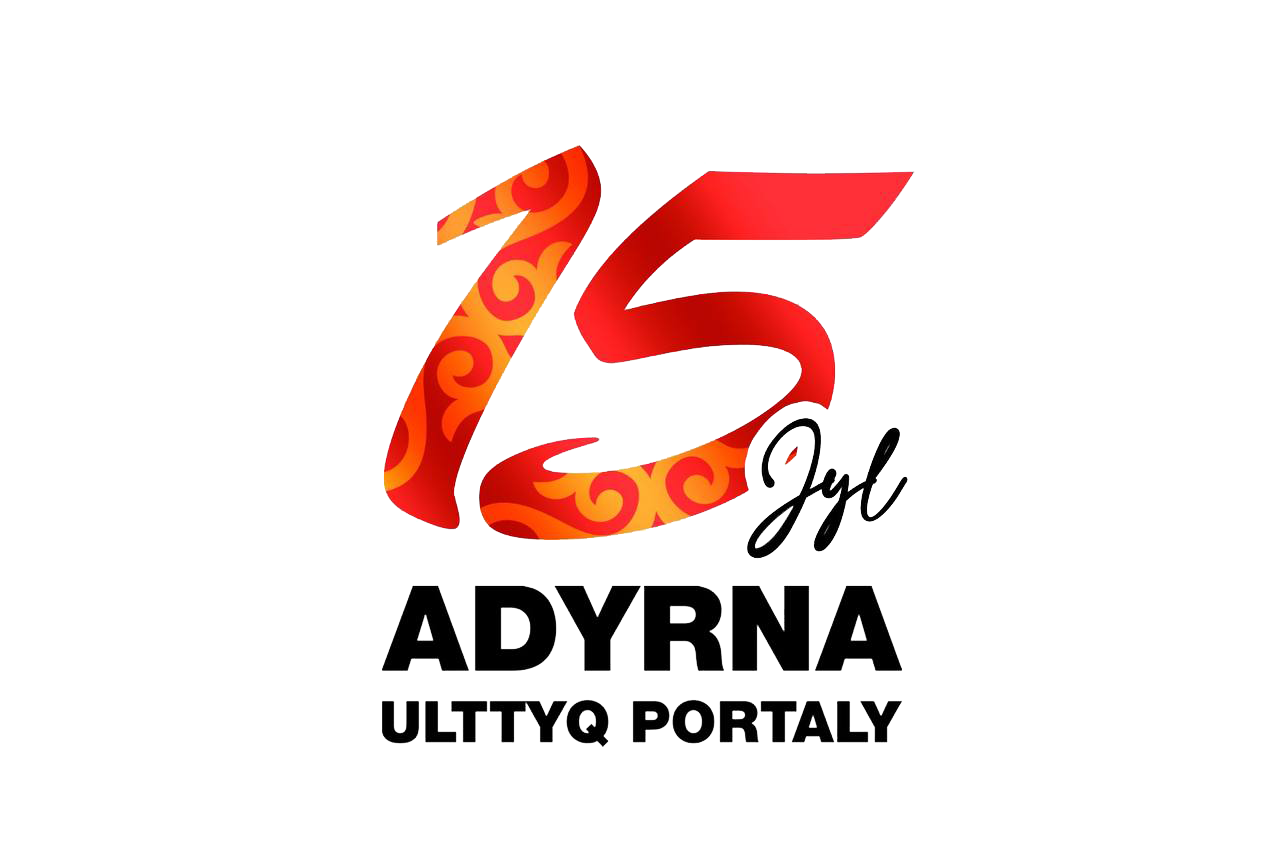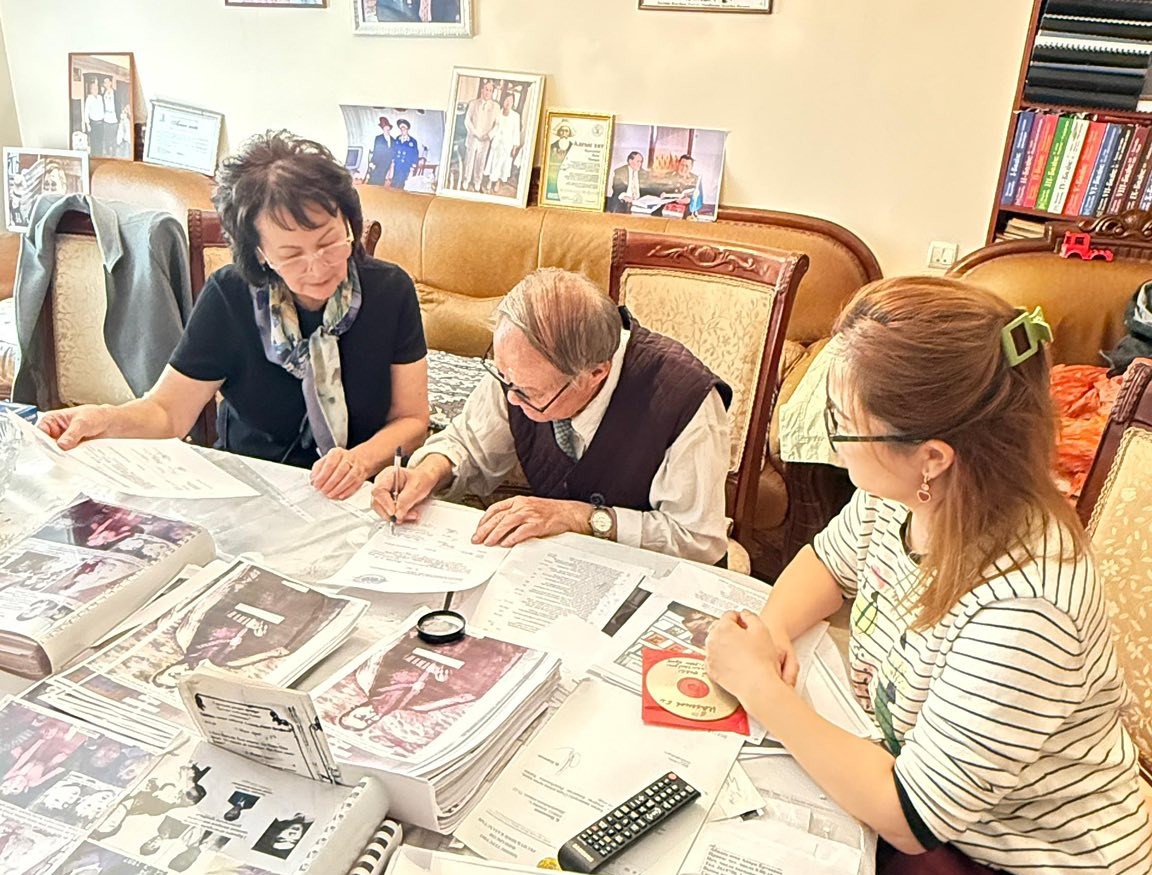The small nuclear power plant planned for construction in Uzbekistan’s Jizzakh region will be fully owned by Uzbekistan, according to Otabek Amanov, Director of the Nuclear Power Plant Construction Directorate of the Agency for the Development of Nuclear Energy (Uzatom), as reported by the “Adyrna” national portal.
“The plant will be entirely under the ownership of the Republic of Uzbekistan. It will be operated by a local company, which currently holds operator authority within the directorate. In other words, it will be managed by a state-owned operating company with the appropriate operational license,” Amanov said during a press conference on October 15, at the international conference titled “Challenges and Prospects for the Development of Nuclear Energy in Uzbekistan.”
Regarding the construction timeline:
•The work is planned to start in fall 2024, with infrastructure development and documentation. A residential camp for workers will be built during the initial phase.
•From 2024 to 2029, six reactors, each with a capacity of 55 MW (330 MW total), will be constructed on a single site, following nuclear safety requirements and regulations.
•The first reactor is expected to be operational by 2029, approximately 60 months after construction begins. Each subsequent reactor will come online at six-month intervals. The full commissioning of all six reactors is targeted for 2032-2033.
•Foreign companies are expected to participate in the project.
“The nuclear power plant has two main components - a nuclear island and auxiliary facilities. We intend to implement the nuclear island with our main contractor, Atomstroyexport (Rosatom). We also plan to involve international companies for some auxiliary facilities, making it an international project. We are currently exploring options,” said Amanov.
Funding negotiations are ongoing with both foreign and local banks. “There are banks in Europe, Russia, and locally, as some infrastructure elements will be constructed by local contractors… Bank proposals will be coordinated with the Ministry of Economy and Finance and the Central Bank,” he explained. The cost of the project has not yet been disclosed.
The nuclear fuel for the plant will be produced from Uzbek uranium enriched in Russia. “Uranium oxide-235, enriched to 19% or 20%، will be imported. However, one option is to use raw materials from local Uzbek uranium. This means Uzbek uranium will be exported, processed, and returned as fuel. Since it’s locally sourced, fuel costs are expected to be lower,” Amanov noted.
He also mentioned that spent nuclear fuel would be sent to Russia for reprocessing, with some components returned to Uzbekistan. Uzenergosotish will handle the purchase and distribution of the generated electricity through the National Power Grids to consumers.
The low-capacity nuclear power plant is planned for construction near Tuzkan Lake in the Farish district of Jizzakh region. The Uzbek government is also considering building small nuclear plants in other regions. Azim Akhmedkhadjaev, Director of the Uzatom Agency, stated that a preliminary evaluation of 14 potential sites for nuclear power plants has already been conducted.
On May 27, during President Vladimir Putin’s official visit to Tashkent, a contract was signed with Rosatom for the design, supply, and construction of the small nuclear plant. This agreement includes amendments to the intergovernmental cooperation protocol on nuclear power plant construction in Uzbekistan, originally signed on September 7, 2018.
President Shavkat Mirziyoyev highlighted the importance of the small nuclear power plant project: “Nearly all leading countries ensure their energy security and sustainable development through nuclear energy. Given our substantial uranium reserves and its export to third countries, this project is very important for Uzbekistan as we consider our prospects for entering a new phase of development.”
باسقا ماتەريالدار
Adyrna.kz ۇلتتىق پورتالىنىڭ ماڭىزدى اقپاراتتارىنا جازىلۋ
سوڭعى جاڭالىقتار تۋرالى حاباردار بولىڭىز


















